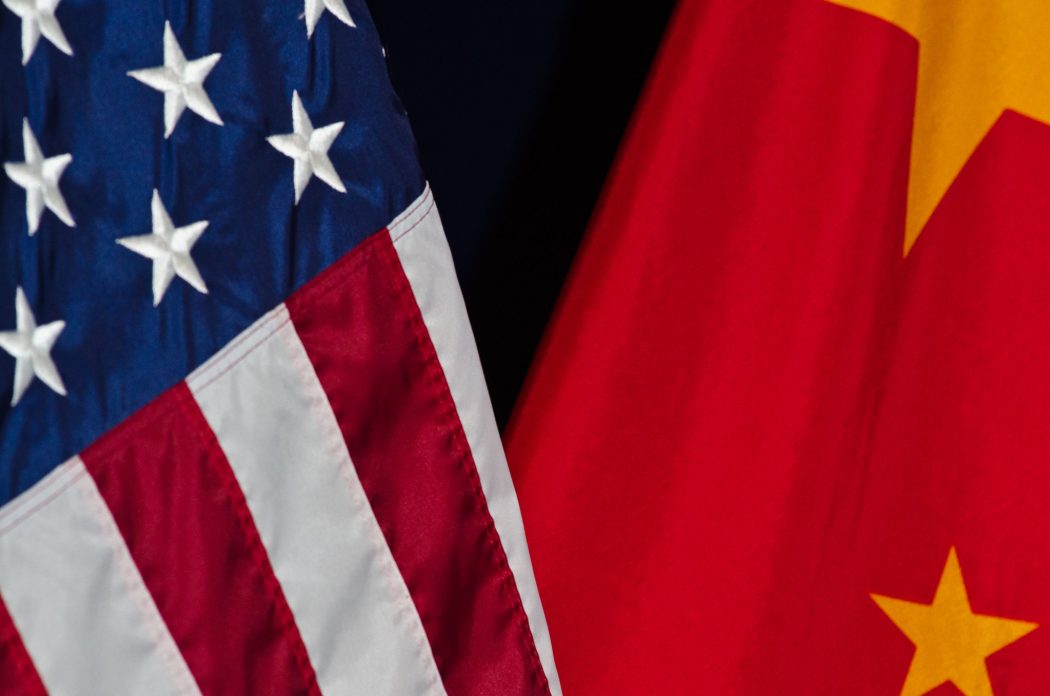China’s foreign ministry spokesperson has defended a delay in renewing the press cards of some foreign journalists at US media organisations, saying Beijing would cooperate in return for fair treatment for its own reporters in the United States.

At least five reporters at four outlets – including CNN, the Wall Street Journal and Bloomberg – have been issued letters valid for two months in lieu of renewal of the press cards associated with their visas which allow them to work in the country. These are normally valid for a year.
The letters expire in the same week as the US presidential election on November 3. The reporters involved are from the US and other countries.
The diplomatic spat came amid heightened tensions between the two superpowers over trade, the coronavirus pandemic and US sanctions against Hong Kong officials involved in suppressing the city’s pro-democracy movement, among other issues.
CNN in a statement on Sunday confirmed the decision to grant its American Beijing-based correspondent David Culver a letter instead of a new press card. “However, our presence on the ground in China remains unchanged and we are continuing to work with local authorities to ensure that continues,” a spokesperson added.
Foreign Ministry spokesperson Hua Chunying on Monday tweeted that since 2018, the US State Department has delayed or denied visas to around 30 Chinese journalists, expelled 60 in March, limited the authorised length of stay to 90 days and refused to extend any of them.
“[A] #CNN journalist and a few other #US journalists’ visa extension applications are being processed, during which they can continue to live and work here with no problems at all. We’ve made it very clear to your colleagues in Beijing,” she wrote.
“We would be glad to continue our excellent cooperation with the #US journalists here if the Chinese journalists are treated fairly in the US.”
Washington in March capped the number of Chinese journalists allowed to work for any one of five state-owned outlets in the US at 100 compared with 160 previously. Secretary of State Mike Pompeo said the move was to encourage Beijing “to adopt a more fair and reciprocal approach.”
China the same month expelled American journalists working for The New York Times, the Wall Street Journal and the Washington Post.
Diplomatic ‘pawns’
The Foreign Correspondents’ Club of China (FCCC) in a series of tweets said it was alarmed at the issuance of letters instead of press cards, which may be revoked at any time and which force journalists into a “precarious, temporary” status.

“These coercive practices have again turned accredited foreign journalists in China into pawns in a wider diplomatic conflict. The FCCC calls on the Chinese [government] to halt this cycle of tit-for-tat reprisals in what is quickly becoming the darkest year yet for media freedoms.”
It added that more foreign journalists are expected to receive letters instead of visa renewals.
Reporters Without Borders (RSF) East Asia bureau head Cédric Alviani condemned the move in a statement: “At least 19 foreign correspondents have been forced to leave China since the beginning of the year. Reporters Without Borders condemns the repeated attacks by the regime against journalism, which increasingly threaten the international community’s right to be informed.”
Update 8.9.20: This article was updated to include a new RSF quotation.
